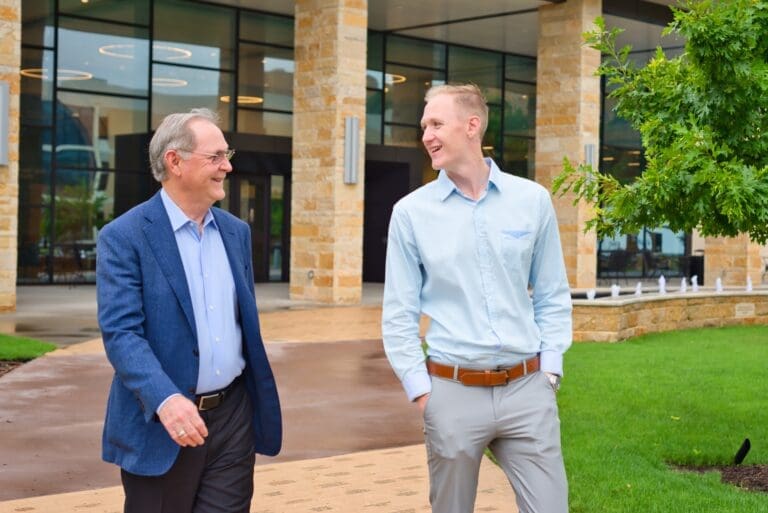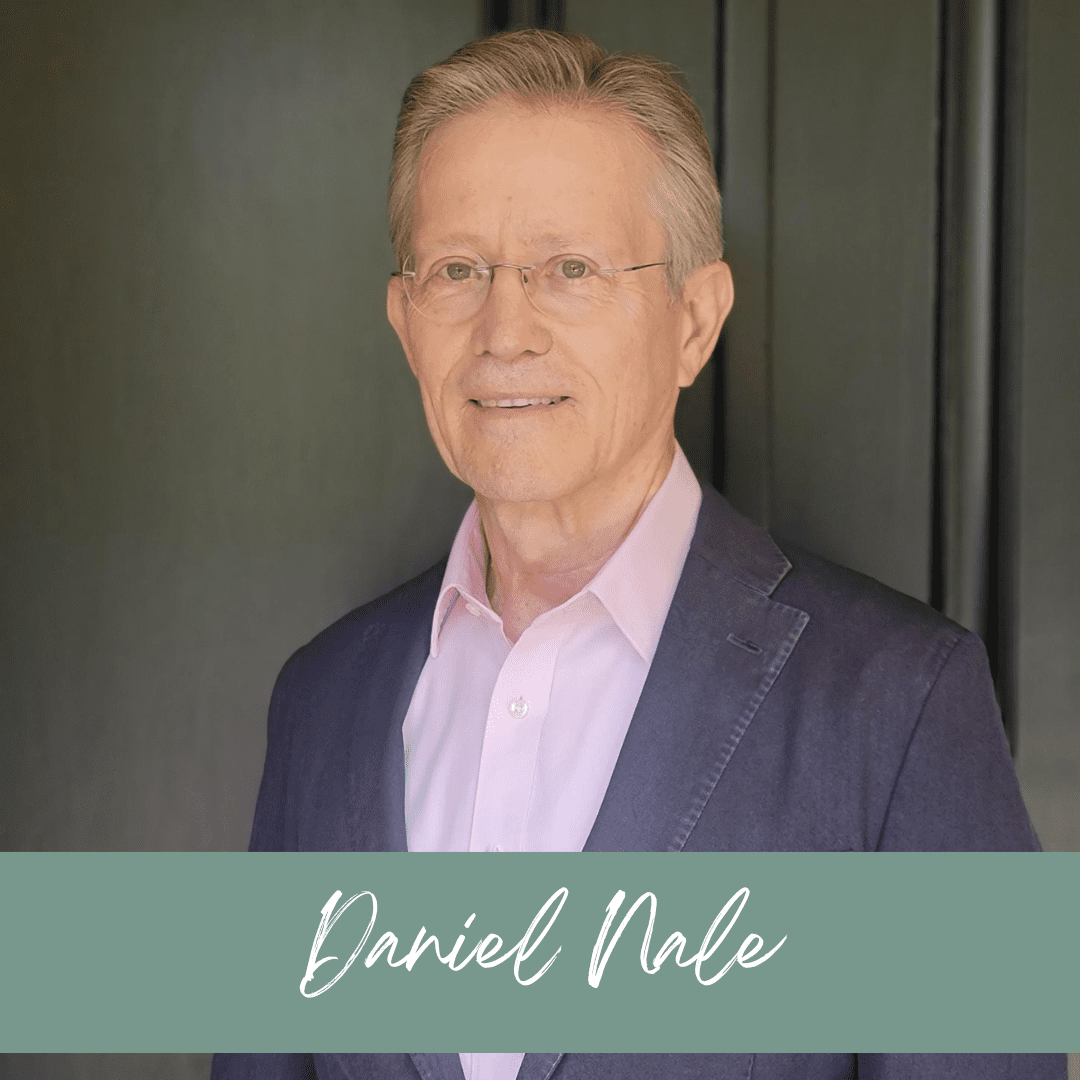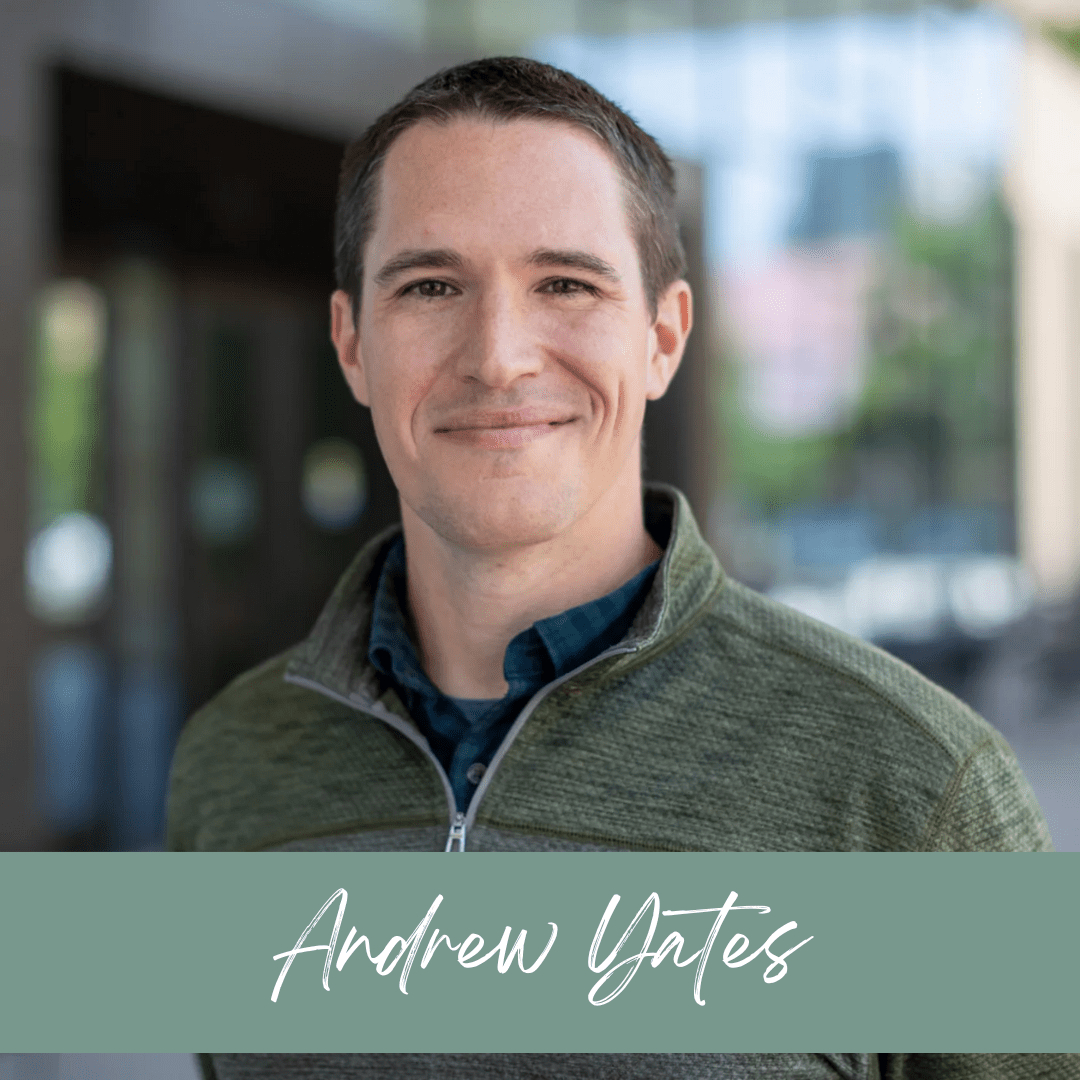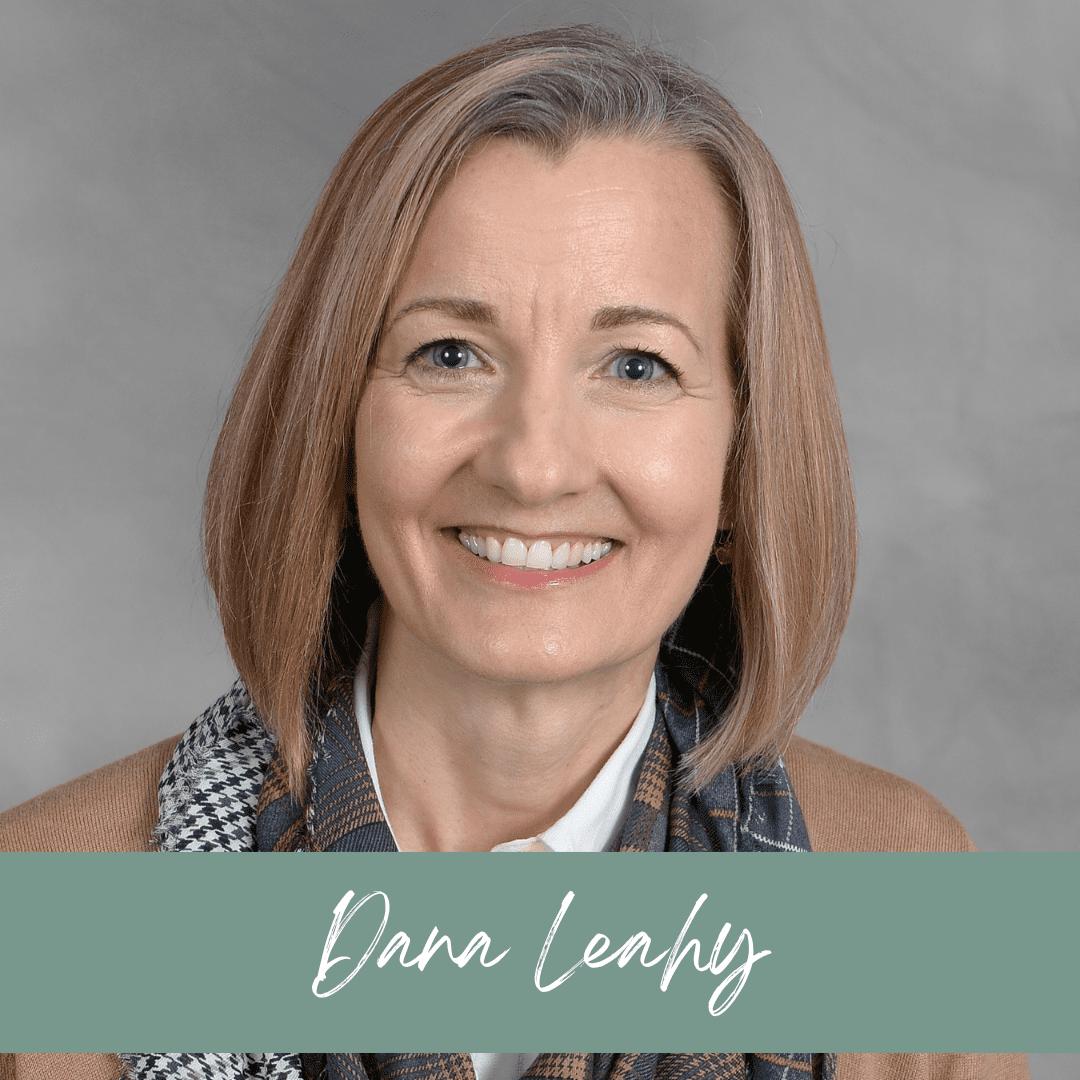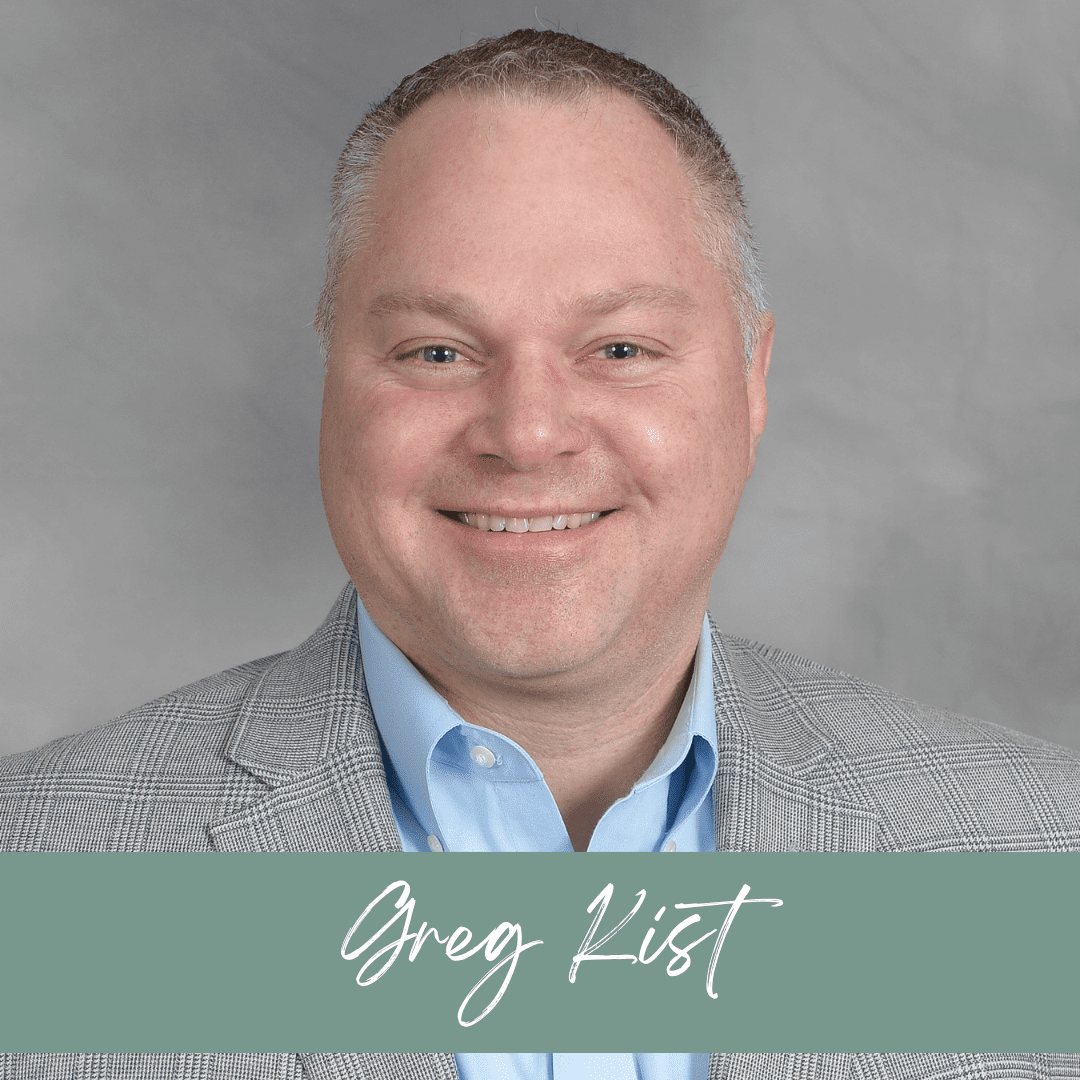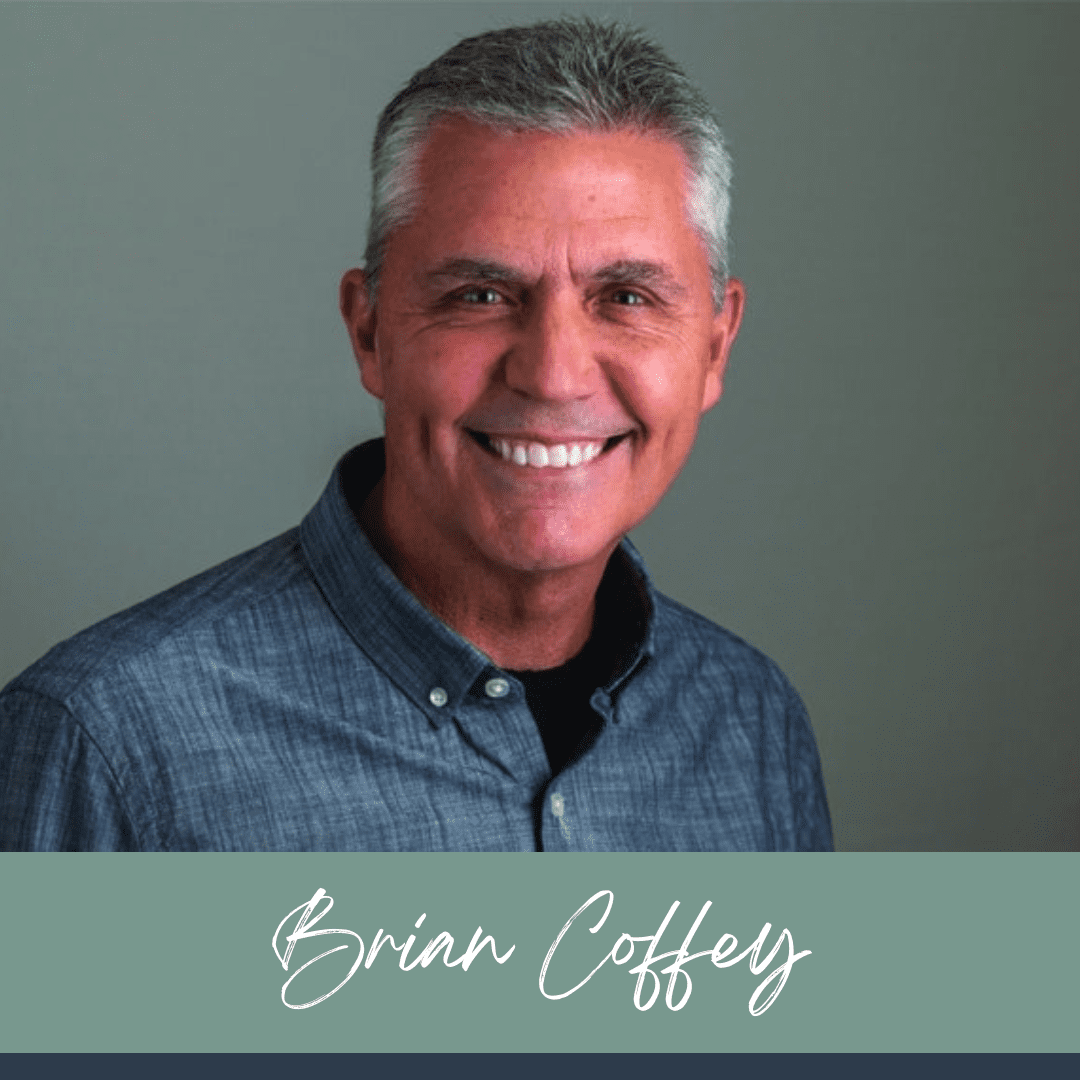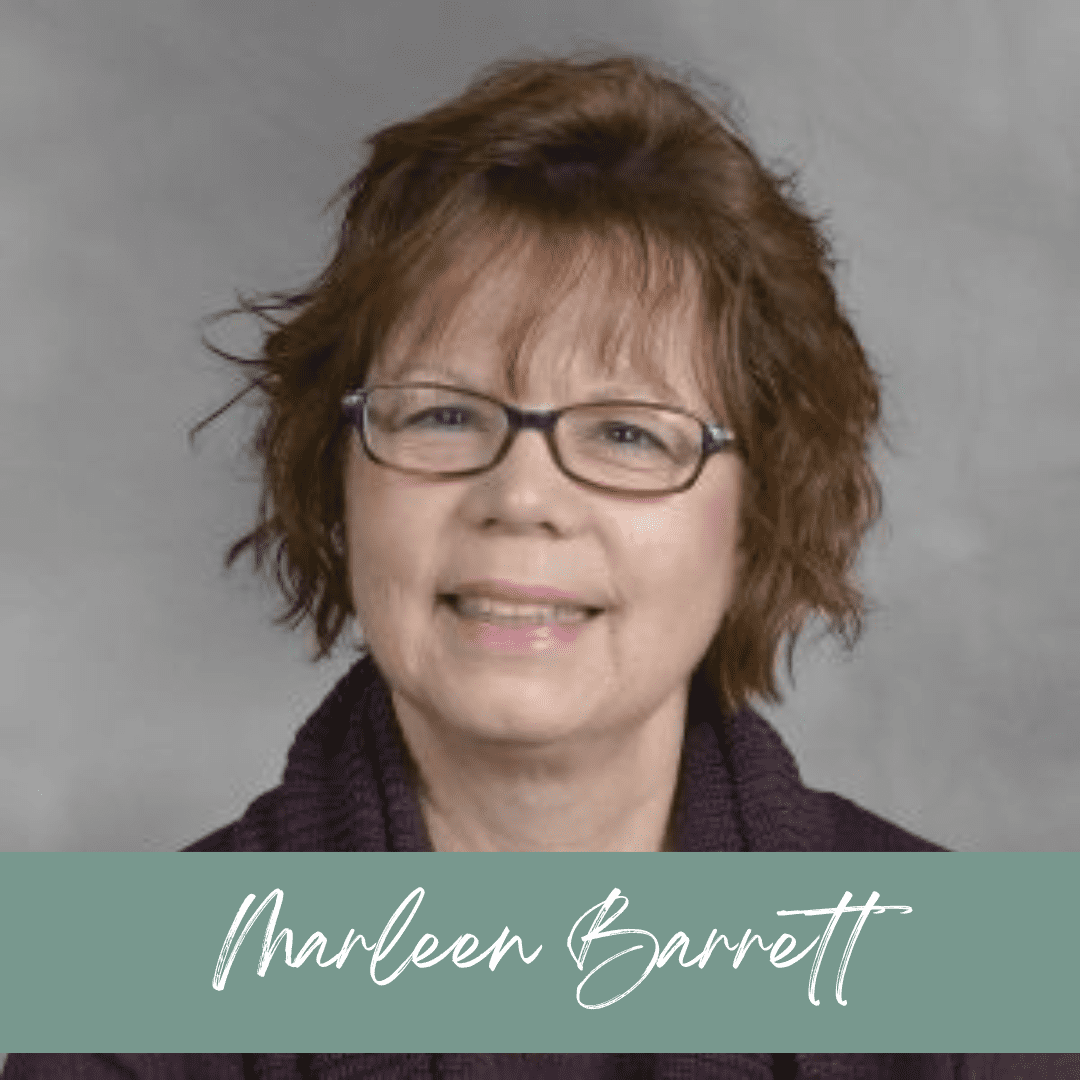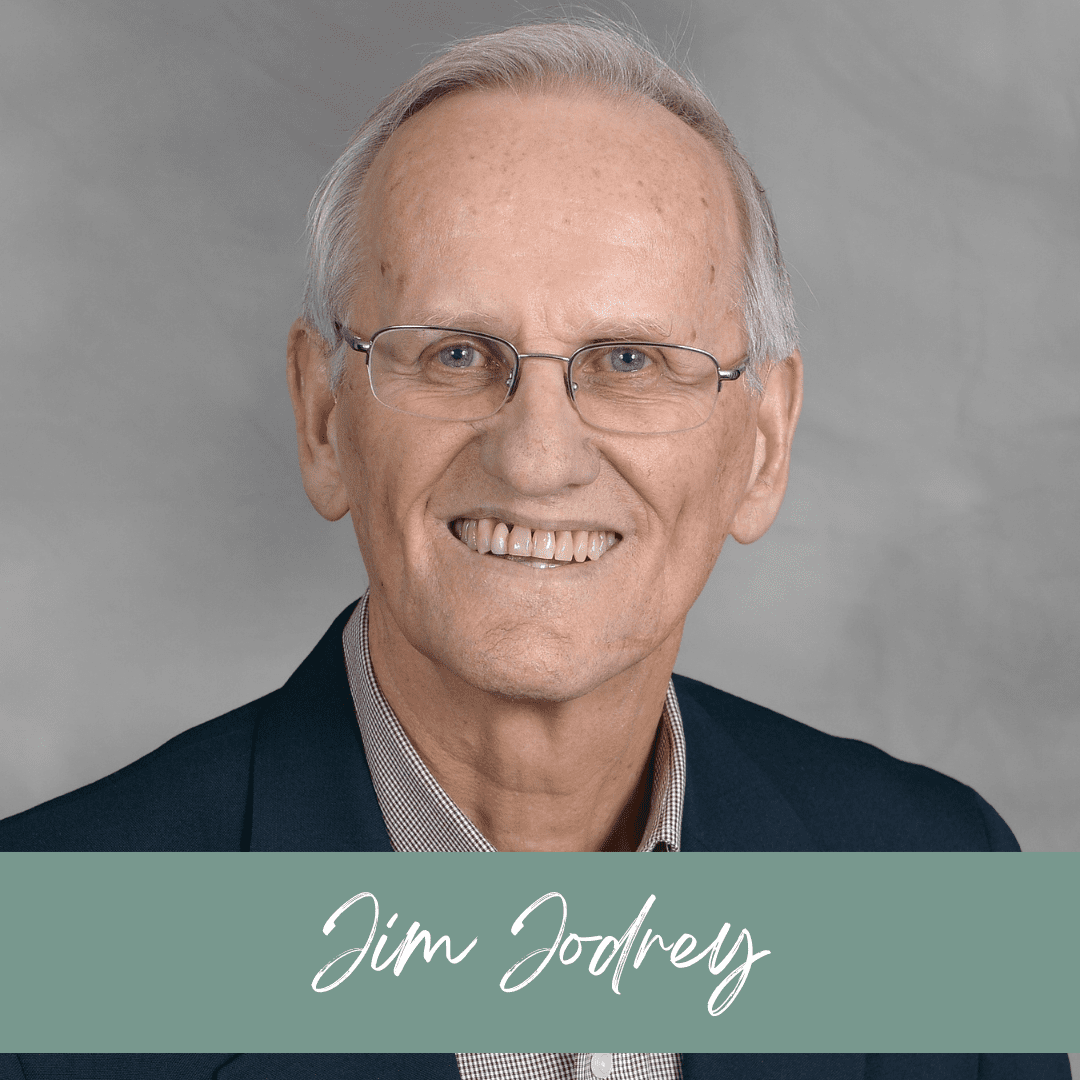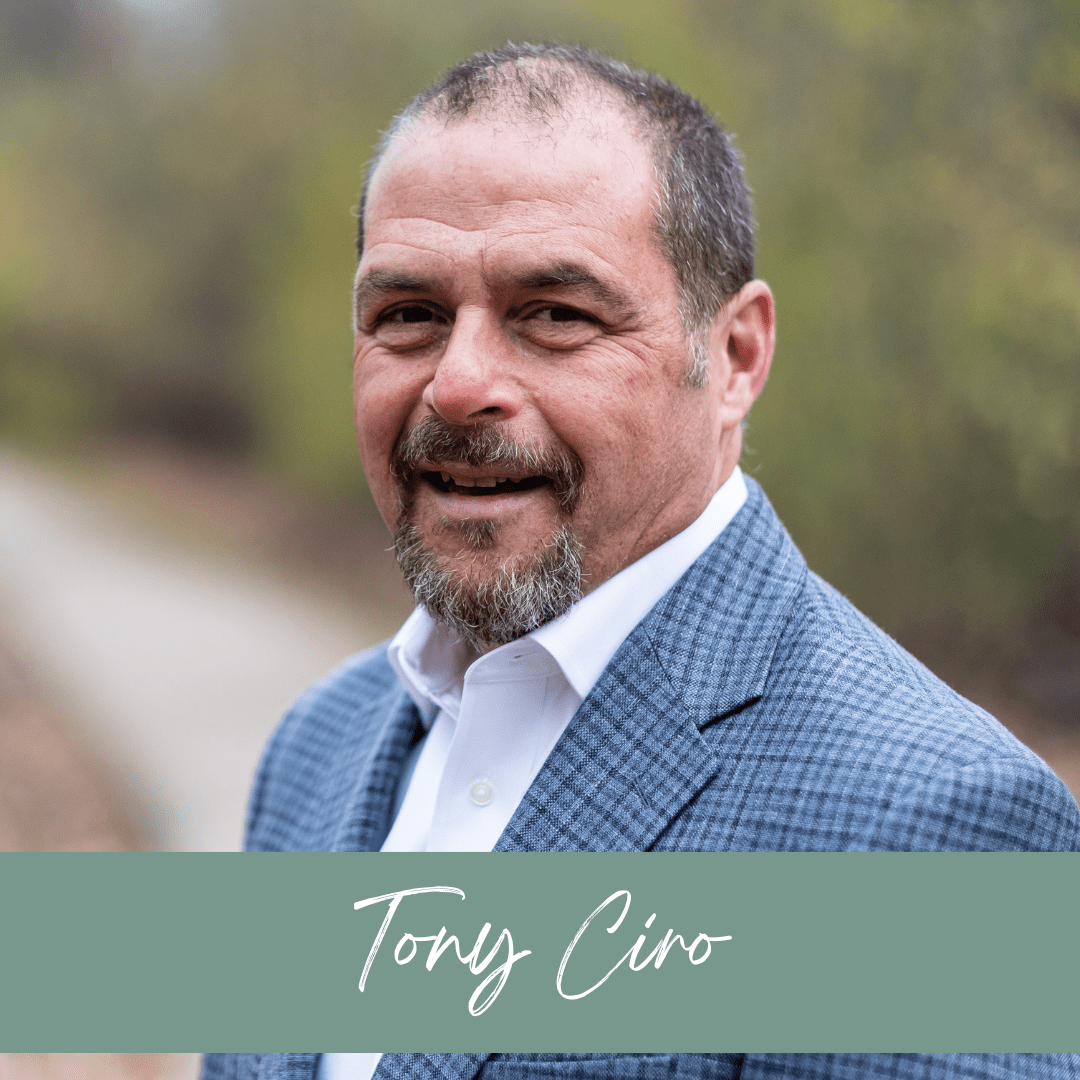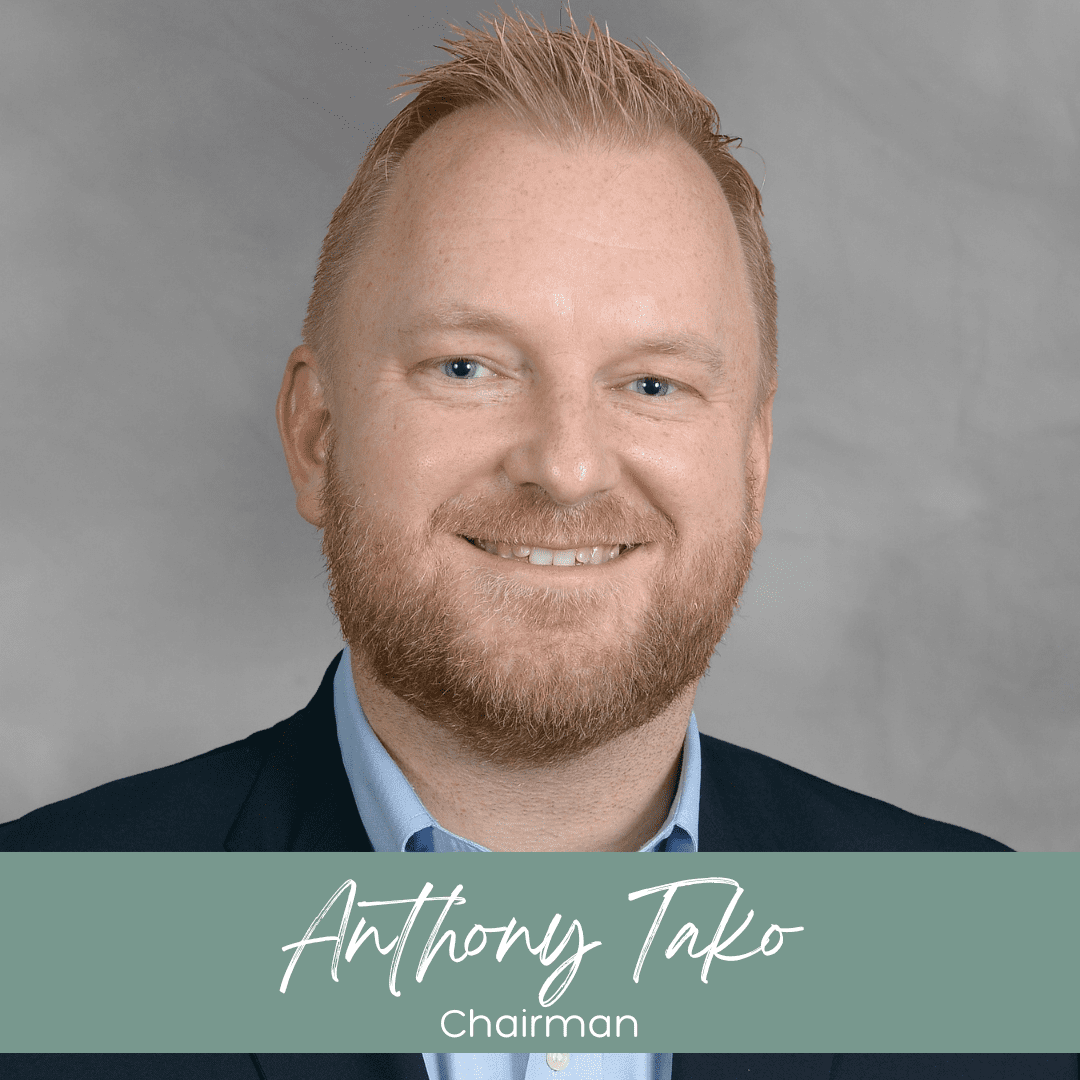How Mentoring Is Reshaping the Future of Church Leadership
By Ben Kamary
On a quiet evening in their small campus apartment, Seth and Brooke sat in the kind of silence that only stress can create. The walls of their world—filled with theology books, class notes, and unanswered medical questions—seemed to close in a little more each day. Financial strain. Academic pressure. The unknowns of marriage and ministry.
Seth was on the brink. He loved seminary, but the weight felt unbearable. He had begun to wonder if he should pause his calling to care for the more immediate needs of his family.
That night, he and Brooke prayed. Not just for money or for better grades—but for someone who could walk with them. Someone who understood. Someone who could guide them. Someone reminded them they weren’t alone.
And then… the very next day, an email arrived.
It was from the 222 Foundation, inviting Seth into something he didn’t even know he needed: a partnership that would not only lift his financial burdens, but pair him with a godly mentor—someone who would help him walk the road ahead with clarity, peace, and strength.
Mentoring: The Missing Piece in Ministry Formation
Inspired by 2 Timothy 2:2, the 222 Foundation is a growing movement that combines substantial scholarships with intentional one-on-one mentoring—a model that’s changing the story for seminarians like Seth.
The need is urgent. A 2023 survey by the Hartford Institute for Religion Research found that over 40% of clergy had seriously considered leaving their congregations since 2020. Isolation, burnout and financial hardships are major factors contributing to premature exit from ministry.
The result? A shrinking pipeline of future church leaders—many of whom feel deeply alone in their calling.
The 222 Foundation exists to stop that trend. And the approach is working: graduates of the program are twice as likely to remain in full-time ministry. Why? Because someone showed up—not just with money, but with wisdom, compassion, and presence.
“I didn’t just need a scholarship,” Seth shares. “I needed someone who could walk with me. I was praying for a mentor, and God answered—through 222.”
Mentors Ask the Questions No One Else Does
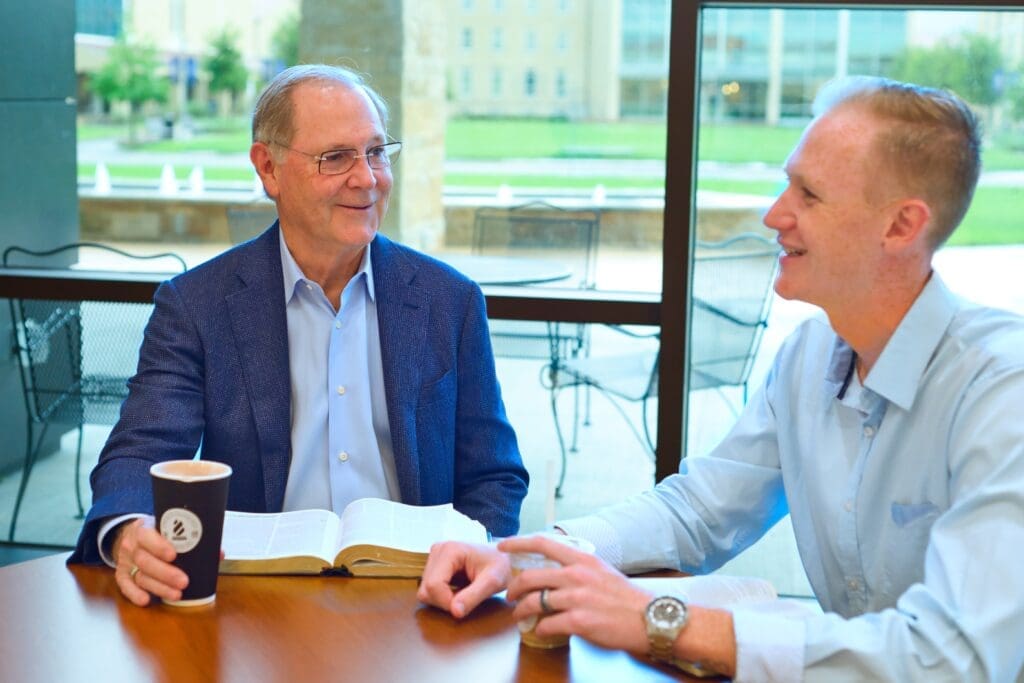
Mentors in the 222 Foundation aren’t just advisors—they are intentional, deeply invested, and spiritually discerning guides. They ask the questions no one else is asking—not at home, not at church, not in the workplace. They help students examine the motives of their hearts, the direction of their decisions, and the faithfulness of their lives before God.
They walk students through strategic frameworks such as personal finances, church planting models, resource mobilization, vision casting, organizational leadership, shepherding and soul care.
But they also go deeper. Mentors ask how students are loving their wives, leading their families, cultivating inner holiness, and preparing to shepherd others in a way that reflects Christ.
A mentor is a mirror and a compass—helping future pastors see what they may be blind to and guiding them toward what truly matters.
Seminary is rich—but mentoring makes it real.
Seth’s friend, Andrew, who is also supported by 222 said, “Seminary can look like a vibrant community—and in many ways, it is. Friends from different backgrounds enrich the experience. But honestly? Seminaries can also be a lonely place. The friendships often feel surface level, because everyone’s rushing to meet a deadline, cram for Greek or Hebrew, or finish that paper. I love the time professors give for guidance and advice—but how long does that go? A few minutes after class, maybe?
With my 222 mentor, our conversations go deeper. The relationship grows. There’s intentionality. We meet every other week, we pray together, share real thoughts, and he asks the questions that need to be asked.
I can’t imagine entering ministry without this kind of relationship. Every seminary student—and honestly, every ministry leader—needs a mentor.”
222 Complements and Enriches Seminary Experience
Dr. Mark Youbrough, the President of Dallas Theological Seminary, recently reflected on the value of this mentoring model. He explained that 222 Foundation is filling an important gap. “While we work hard to equip our students theologically and spiritually, 222 provides something that complements that beautifully. In other industries, before someone becomes a CEO, they typically go through years of training, mentorship, and progressive leadership development. But in the Church? A fresh seminary graduate might find himself leading a congregation on day one.
And churches aren’t just spiritual communities—they’re complex organizations that require vision, wisdom, people-skills, and leadership acumen to flourish. That’s why I believe 222 is the kind of partner every seminary student needs.”
A Mentor Who Shows Up
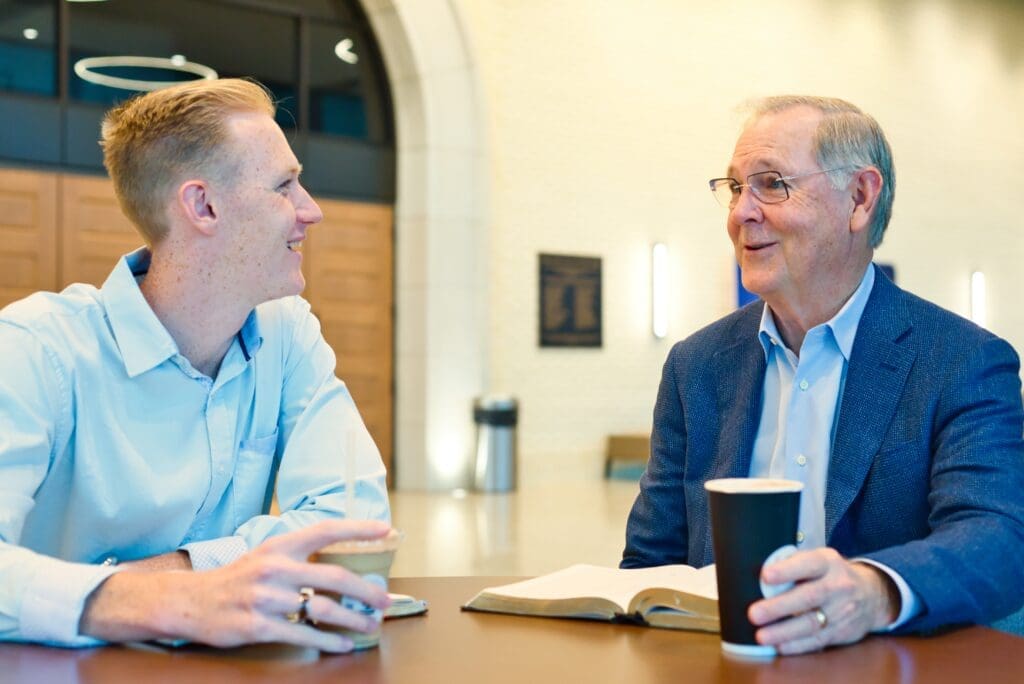
Enter Al Hardin Jr.—a retired businessman from Dallas with a quiet conviction that his greatest impact could still be ahead of him. When Al first heard about the opportunity to mentor a seminary student, he didn’t hesitate. “I remembered the pressure,” he says. “I was in seminary once. I’ve been broke, tired, overwhelmed—and doing it all in silence.”
That silence—that isolation—is what drove Al to say yes.
Now, twice a month, Al and Seth meet to talk. About marriage. About finances. About leadership and failure and prayer. About Hebrew quizzes and hospital visits and how to lead with grace when your own world feels like it’s cracking.
It’s not a program. It’s a relationship.
And in that space of trust, something sacred is happening.
“I know Al is in my corner,” Seth says. “He’s not just giving me advice—he’s giving me peace. His presence allows me to focus on the Lord and stay faithful to my calling.”
Isolation Is Breaking Our Leaders. Mentoring Is Healing Them.
Too many seminary students are surrounded by people—but still deeply alone. They carry secret fears. Silent shame. And sometimes, no one ever asks, “How are you really doing?”
That’s where mentoring makes the difference. It’s not just about what mentees learn—it’s about how deeply they are known.
And it’s not just about staying in seminary. It’s about staying in ministry. Thriving. Building churches, marriages, and communities that are healthy and whole.
“I’ve bought and sold businesses,” Al reflects. “I’ve traveled the world. But mentoring? This is one of the most meaningful things I’ve ever done.”
“It’s not just for Seth’s growth. It’s for mine, too.”
Multiplying Legacy Through Mentorship
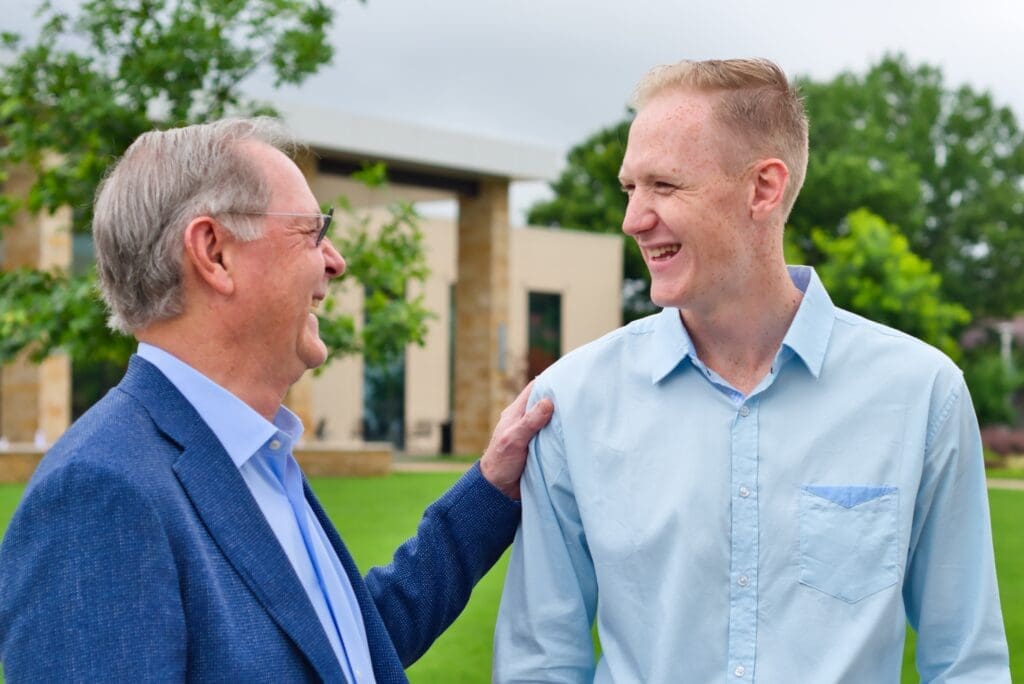
When you mentor a seminary student, you’re not just helping one person—you’re shaping generations.
“You want strong pastors for your kids and grandkids?” Al asks. “Then pour into the ones being trained now. That’s how we build a strong Church.”
The 222 Foundation invites seasoned leaders—businessmen, pastors, professionals, parents—to invest not just their resources, but their lives into the next generation of gospel workers.
Because mentorship isn’t about giving answers. It’s about giving yourself.
A Movement Worth Joining
At the time of writing, Seth is navigating enormous pressure—his wife’s health crisis, exams, ministry responsibilities, and leadership at DTS. In another story, he might have crumbled. But this story is different. This story includes a mentor.
And that has made all the difference.
The harvest is plentiful. But the workers are weary. If you’re someone who’s walked with God through the hills and valleys of life, maybe it’s time to walk with someone else. Maybe you could be the answer to someone’s prayer.
Ben Kamary, is the Director of Development and Partnerships at 222 Foundation. To learn more, please email info@222foundation.org *The original version of the article was published by the DTS Foundation on September 13th 2025.

